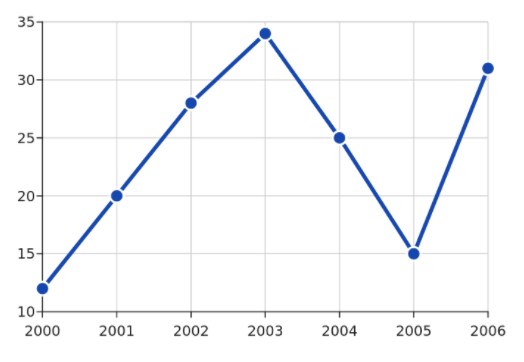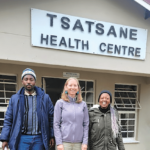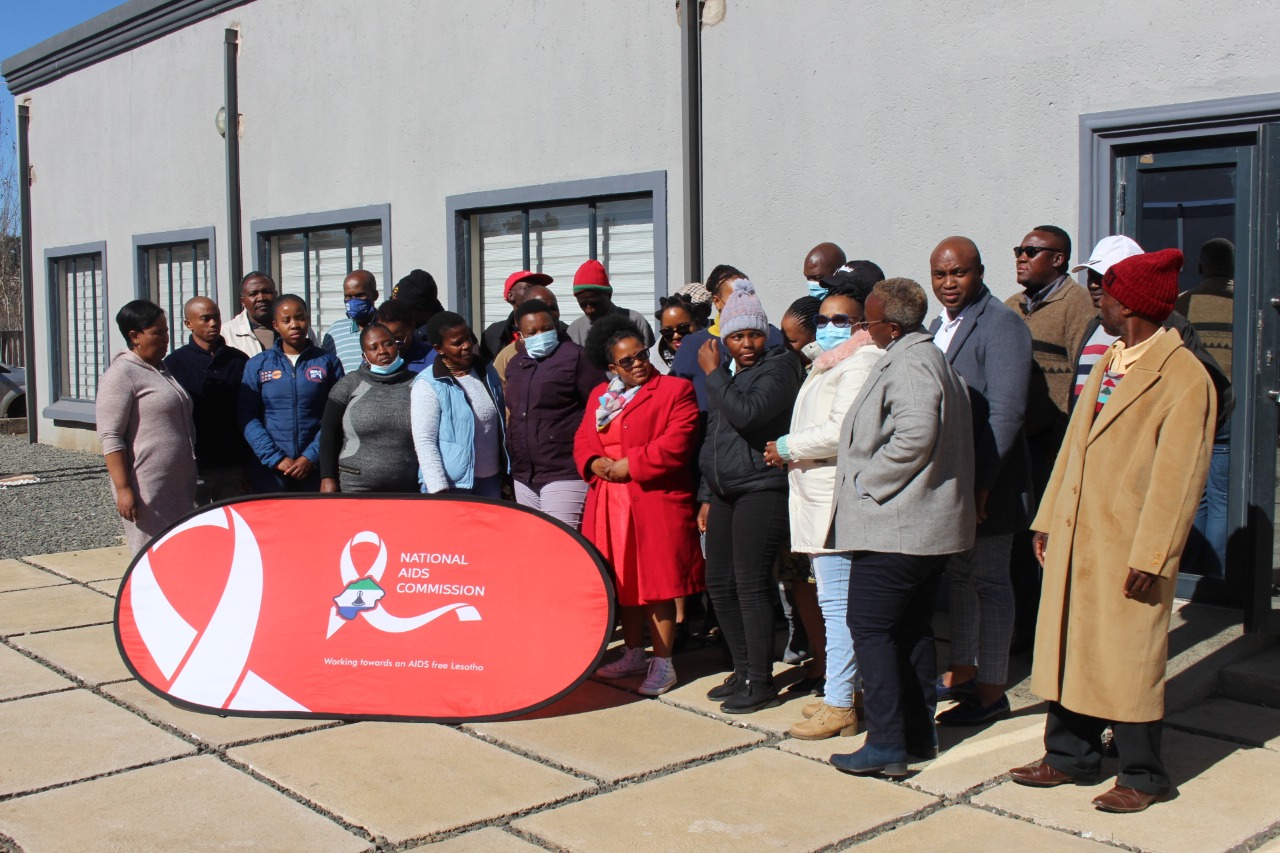A critical gap in health data documentation and the absence of robust data systems are threatening Lesotho’s progress in eliminating the vertical transmission of HIV, syphilis, and hepatitis B.
This concern was a central theme during the dissemination of the Triple Elimination of Vertical Transmission National Strategic Plan held on Tuesday this week.
The issue was strongly underscored by UNAIDS Country Director, Pepukai Chikukwa, who called for a dedicated and urgent intervention focused solely on strengthening data systems.
“I feel it’s a conversation we have had for a very long time,” Chikukwa said. “While frontline workers are doing commendable work, that effort can go unrecognised and unmeasured if documentation is incomplete or missing.”
She pointed out that documentation challenges have persisted even during times when health programs were operating at full capacity, not only during recent periods of disruption.
“When the programs were in full swing, these were still the challenges we talked about,” she added.
Chikukwa emphasised the need for a “very special session” within the Ministry of Health to address data gaps directly. “Nothing else. Just around data,” she said, urging a focused and structured approach to fix the longstanding problem.
Beyond recognition, the absence of reliable data has broader implications for accountability and international validation. “It is unfortunate when the extra effort put in by healthcare workers goes unrecognised because of this missing link in documentation,” Chikukwa noted.
While she acknowledged occasional challenges in the supply of test kits for syphilis and hepatitis B, she stressed that even when all other components are functioning, failure to complete registers and report data accurately represents a “critical failure.”
A Ministry of Health official echoed this concern, citing a troubling example from Paray Hospital, where ART initiation data for pregnant women was found to be grossly underreported due to documentation lapses.
Dr Mangose Sithole from the Ministry’s Family Health Division also raised alarms around the Early Infant Testing programme. “Children are being tested, but the documentation is missing somehow,” she said, pointing to a significant disconnect between service delivery and official reporting.
Participants in the meeting stressed that while Lesotho has made commendable progress in its Prevention of Mother-to-Child Transmission (PMTCT) programme, the absence of a functional and integrated data system could jeopardise future efforts to validate and sustain elimination.
One participant summarised the risk clearly. The participant said: “If we do not have our data system put together properly, while we implement the programme very successfully, we might not have the system to generate the desired evidence that we are doing something good.”
The data required spans epidemiological trends, service delivery outcomes, child health, and broader health system metrics, all of which must be integrated to demonstrate effective vertical transmission prevention.
The call from health leaders was clear that no matter how effective the clinical interventions are, without proper documentation and data systems, the country risks falling short of both its national goals and international commitments.
Summary
- A critical gap in health data documentation and the absence of robust data systems are threatening Lesotho’s progress in eliminating the vertical transmission of HIV, syphilis, and hepatitis B.
- While she acknowledged occasional challenges in the supply of test kits for syphilis and hepatitis B, she stressed that even when all other components are functioning, failure to complete registers and report data accurately represents a “critical failure.
- Participants in the meeting stressed that while Lesotho has made commendable progress in its Prevention of Mother-to-Child Transmission (PMTCT) programme, the absence of a functional and integrated data system could jeopardise future efforts to validate and sustain elimination.

Ntsoaki Motaung is an award-winning health journalist from Lesotho, specializing in community health stories with a focus on sexual and reproductive health and rights, as well as HIV. She has contributed to platforms like “Be in the KNOW,” highlighting issues such as the exclusion of people with disabilities from HIV prevention efforts in Lesotho.
In addition to her journalism, Ntsoaki serves as the Country Coordinator for the Regional Media Action Plan Support Network (REMAPSEN). She is also a 2023 CPHIA Journalism Fellow.









